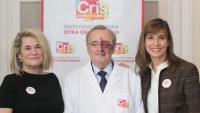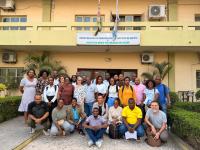Workshop stimulates discussion about new professional profiles and attributions of health technicians for the work in PHC
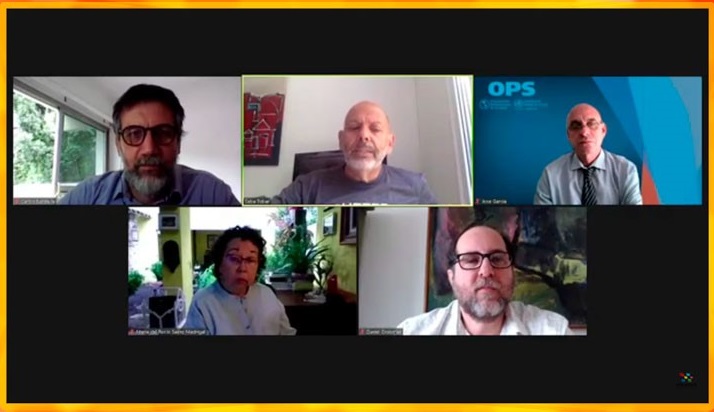
As part of the work plan as a World Health Organization (WHO) Collaborating Center for the Education of Health Technicians, the Joaquim Venâncio Polytechnic School of Health (EPSJV/Fiocruz) held, on October 26, the third workshop of the cycle 'The challenges of training health technicians during the pandemic'. This time, the theme was the new professional profiles and attributions of health technicians to work in Primary Health Care. The initiative is carried out in cooperation with the International Network for the Education of Health Technicians (RETS), the Ibero-American Network for the Education of Health Technicians (RIETS), and the Network of Technical Health Schools of the Community of Portuguese-speaking Countries (RETS-CPLP). The event also has the support of the Center for International Relations in Health (Cris/Fiocruz) and VideoSaúde Distribuidora of Fiocruz. Participating as debaters were Maria del Rocio Saenz Madrigal, MD, sanitarian and former Costa Rican Minister of Health, and EPSJV professor-researcher Daniel Groisman, a specialist in the training of workers in elderly care and public policies for aging. The meeting was opened by José Francisco García Gutierrez, regional advisor for Human Resources in Health at PAHO/WHO. Sebastián Tobar (Cris/Fiocruz) was in charge of the workshop presentation.
For EPSJV's International Cooperation coordinator, Carlos Batistella, the work of health technicians, considered strategic for national health systems, requires constant investment in professionalization and continuing education policies to qualify their work with the services and the population. "In recent years, new training profiles and attributions of these workers have been required, either because of changes in PHC policies, because of the transition in demographic and epidemiological patterns, or because of changes in the ways of thinking about health care in contemporary societies," he said.
According to Batistella, the increase in life expectancy and the aging of populations have been accompanied by significant changes in the ways families welcome the elderly, representing a challenge for health systems. "Starting from the recognition of rights and the need for changes in health practices, the articulation of institutional, governmental, and civil society efforts has allowed the emergence of new profiles of workers focused on the care of the elderly, with chronic diseases and disabilities, as an example, the caregivers of the elderly in Brazil and the assistants specialized in special care, in Argentina," he pointed out.
On the other hand, he pointed out that the expansion of interprofessional training and multiprofessional teamwork, as well as the Interculturality theme, are also important factors for changes in the existing profiles. "Added to this picture, the advent of the Covid-19 pandemic has required health services to reorganize several work processes. Changes in routines and priority lines of care, care flows, contact surveillance, among other measures, were present in all countries. Still in course, this reconfiguration indicates the emergence of new roles and responsibilities that have an impact on the training profiles of health technicians", he elucidated.
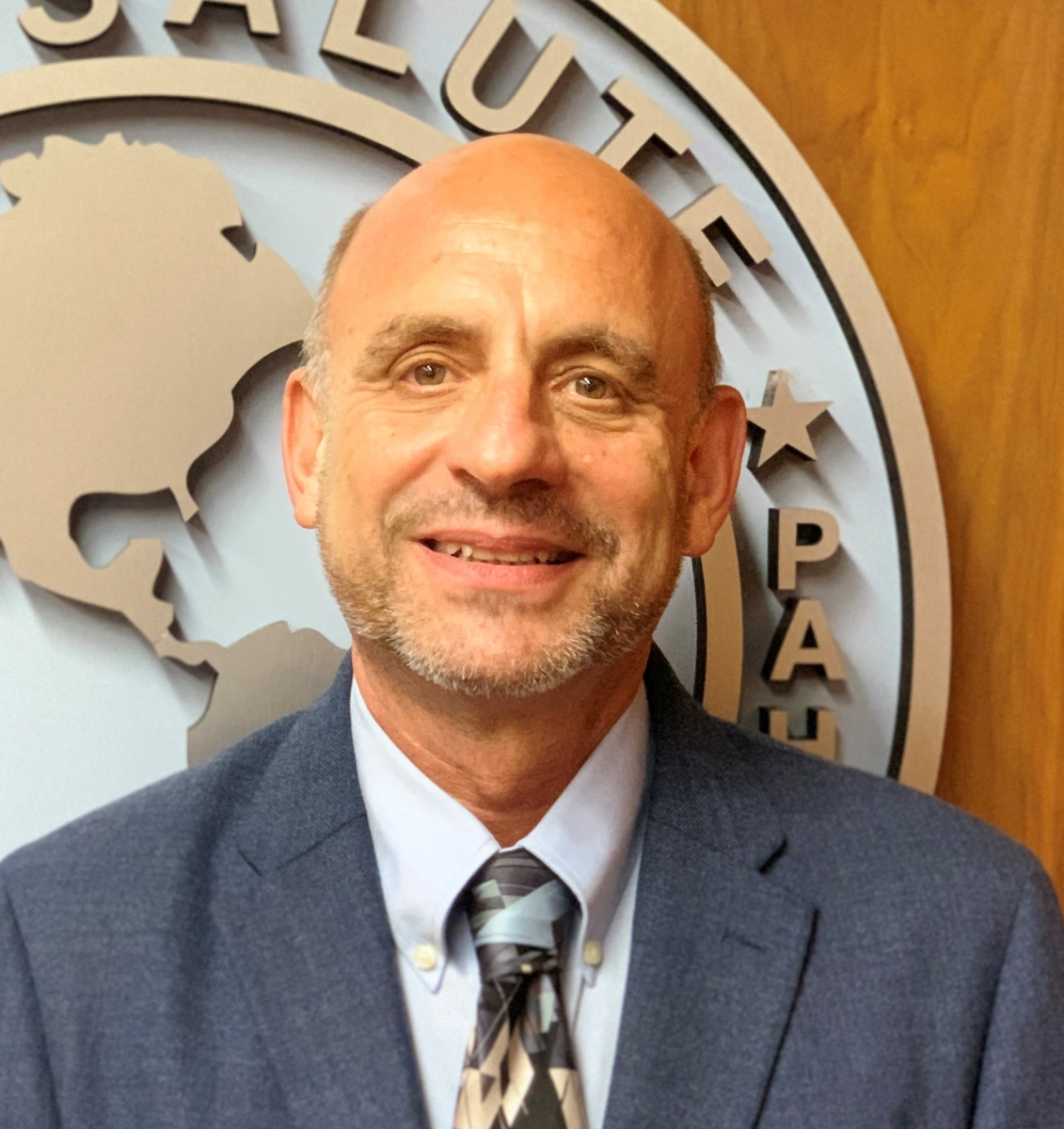 For José Francisco García Gutierrez, the Covid-19 pandemic has intensified situations that already existed. With the death of more than one hundred thousand health professionals throughout the pandemic, it is necessary, according to him, to guarantee the working conditions of health professionals and continue supporting their development in skills and competencies. "There are still many countries in which the Covid-19 vaccine and personal protective equipment are not a priority for health workers by governments," he lamented.
For José Francisco García Gutierrez, the Covid-19 pandemic has intensified situations that already existed. With the death of more than one hundred thousand health professionals throughout the pandemic, it is necessary, according to him, to guarantee the working conditions of health professionals and continue supporting their development in skills and competencies. "There are still many countries in which the Covid-19 vaccine and personal protective equipment are not a priority for health workers by governments," he lamented.
Against this backdrop, Gutierrez believes that the big leaps that need to be made in health systems over the next decade are based on four points. The first, according to him, is in the need to focus the models of care based on PHC, the second is in the investment in human resources and structure, the third, in the feminization of the health workforce, and lastly, in the discourse of Social Determinants of Health that continue to be present. "In this sense, to advance in Primary Care, it is necessary to increase the competencies of the government levels, with great political commitment and sustainable financing, giving support to infrastructure and human resources," he pointed out.
Costa Rica Experience
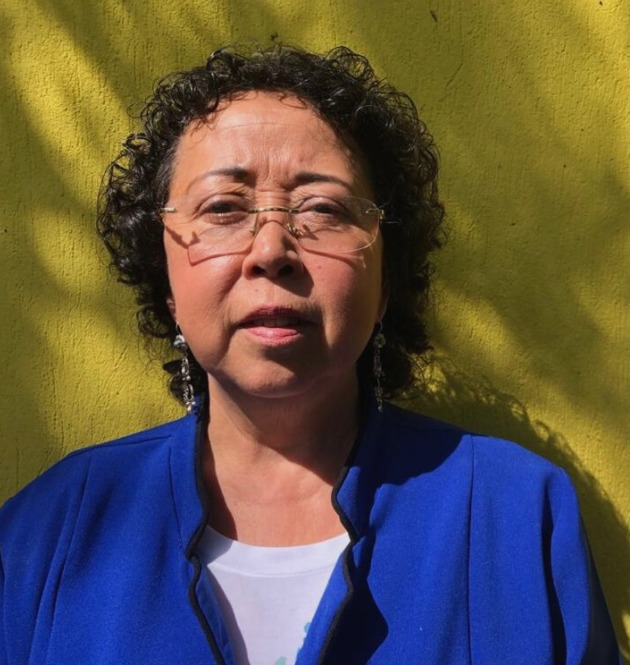 Maria del Rocio Saenz Madrigal presented the primary care within Costa Rica's health system and the experiences and challenges faced. According to her, the country, which has only five million habitants, has one of the highest indicators of life expectancy, low infant mortality, and health spending concerning the Gross Domestic Product is 9.3%. "It is important to mention that we have a health system based on universal coverage and the social security model," he said. And he added: "Achieving universal coverage is not a matter of just one year, but a 75-year struggle. We went from 3.6% coverage to 95%, with data from 2015. The latest data, from 2018, shows 92%. We have not increased, but we have not dropped below 90% either. This is related to our way of financing, which is based on employment, contributions from workers, employers, and the state."
Maria del Rocio Saenz Madrigal presented the primary care within Costa Rica's health system and the experiences and challenges faced. According to her, the country, which has only five million habitants, has one of the highest indicators of life expectancy, low infant mortality, and health spending concerning the Gross Domestic Product is 9.3%. "It is important to mention that we have a health system based on universal coverage and the social security model," he said. And he added: "Achieving universal coverage is not a matter of just one year, but a 75-year struggle. We went from 3.6% coverage to 95%, with data from 2015. The latest data, from 2018, shows 92%. We have not increased, but we have not dropped below 90% either. This is related to our way of financing, which is based on employment, contributions from workers, employers, and the state."
Maria mentioned that at the first level of care, the country has 104 outpatient clinics and 1042 multiprofessional basic teams, consisting of a doctor, a nursing assistant, a primary care assistant technician, and a network assistant, who takes care of health records. "Primary care is a strategy with a gateway to the system. For all of this to work, there needs to be a network. These basic teams receive supervision and training from support teams for regional and national hospitals," he explained.
In the case of the technical assistant in primary care, Maria pointed out that they must have completed high school, must have a six-month training, and at the end of the course, they receive a certificate of completion, which is issued by the Training and Strategy Center of the Costa Rican Social Service Fund. "Previously, they were trained by the Ministry of Health itself, but after a reform, this function passed to the Caixa," he said.
In addition, he continued, this technical assistant works in various settings such as community, educational, home, and work settings. "In-home visits, for example, the emphasis is on health promotion, prevention, and assistance. They obtain data about the living conditions and information about family members, constituting data about the health situation of the family and the community. It is an integrated approach", he said, explaining that this information feeds an information system that will collaborate with social data, aid, and in the decision-making process for new public policies.
Brazil Experience
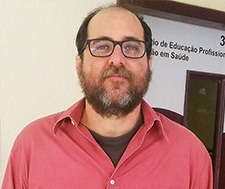 Daniel Groisman started his speech contextualizing the Brazilian scenario. He pointed out that, in the country, 72% of the people who died in the pandemic were elderly. In addition, the country began to suffer even more from gender, race, social class, and generational inequalities, which were worsened and aggravated with Covid-19. "Historically, Brazil and Latin America have low participation through public policies on the issue of care.
Daniel Groisman started his speech contextualizing the Brazilian scenario. He pointed out that, in the country, 72% of the people who died in the pandemic were elderly. In addition, the country began to suffer even more from gender, race, social class, and generational inequalities, which were worsened and aggravated with Covid-19. "Historically, Brazil and Latin America have low participation through public policies on the issue of care.
In this scenario, there are some challenges for the post-pandemic, according to Daniel, such as the effects of the pandemic on the health of the population, especially the elderly; and how PHC should be structured to deal with this issue. "Besides mortality, we have a series of effects on those people who survived, whether related to physical or mental health," he said.
Historically, according to the professor-researcher, Brazil has a maternal-infant model that marked the implementation of PHC. "Although society has been aging, health care networks have not necessarily followed this change in demand. They work on the mother-child logic, preferentially", she pointed out, adding more challenges: How to reduce gender inequalities that permeate the care work? Because those who care are basically women and, if this is deposited on them, it is clearly a situation that produces inequality in society".
Daniel also presented some results of the research 'Cuida-Covid: national survey on caregivers of the elderly in the Covid-19 pandemic', coordinated by him and Dalia Romero, from the Institute for Scientific and Technological Information and Communication in Health (Icict/Fiocruz). The research is part of the project Caring for Carers: continuing education and assessment of working conditions and health of caregivers of elderly people in times of Covid-19, approved in May 2020, in the call for proposals Innovative Ideas and Products - Covid-19 - Strategic Commissions, of the Fiocruz Program to Foster Innovation (Inova Fiocruz).
Regarding family caregivers, 91.7% were female and one in three did not receive any kind of help for the care work. "Another worrying point was the advanced age of the people who care for their elderly relatives. One in five is also an elderly person. These are seniors taking care of seniors," he warned.
The time and effort devoted to care have increased. Thus, Daniel pointed out that the data indicate, even if indirectly, the effects of the pandemic for the elderly population. "If caregivers need more effort to care, it is because the elderly population needs more care. This also indicates the absence of public policies for care, in the sense that these people are overburdened because our health care networks have not been able to help these people," he lamented.
In relation to paid caregivers, Daniel pointed out that one out of three works with a formal contract, and 30% has a chronic back problem: "That is, most of them work informally and without labor protection. In addition, chronic problems can make a caregiver need care.
About some paths for training in PHC, Daniel concluded that it is necessary to denaturalize care, professionalize it, and qualified professionals to perform actions of support, orientation, welcoming, and training for caregivers.
About the Workshop Cycle
The purpose of the initiative is to generate a space for exchange, reflection, learning, and formulation of proposals based on concrete experiences of how different educational institutions have faced these challenges and achieved their goals. The first edition of the cycle took place on July 6th and addressed the issue of professionalizing practices, while the second, on August 31st, dealt with work and teacher training.
The workshops are being held every 45 or 60 days, in Portuguese and Spanish, with a duration of two hours. The proposal is to present, in each workshop, the experiences made by institutions that are part of the Networks, to allow the debate and exchange among those present. Based on the themes discussed during the debate, topics of interest for the next workshops are defined.
Workshop videos:
-
In portuguese: https://youtu.be/CsYjFRkgbaA
-
In spanish: https://www.youtube.com/watch?v=Ab_1a6GQa30

